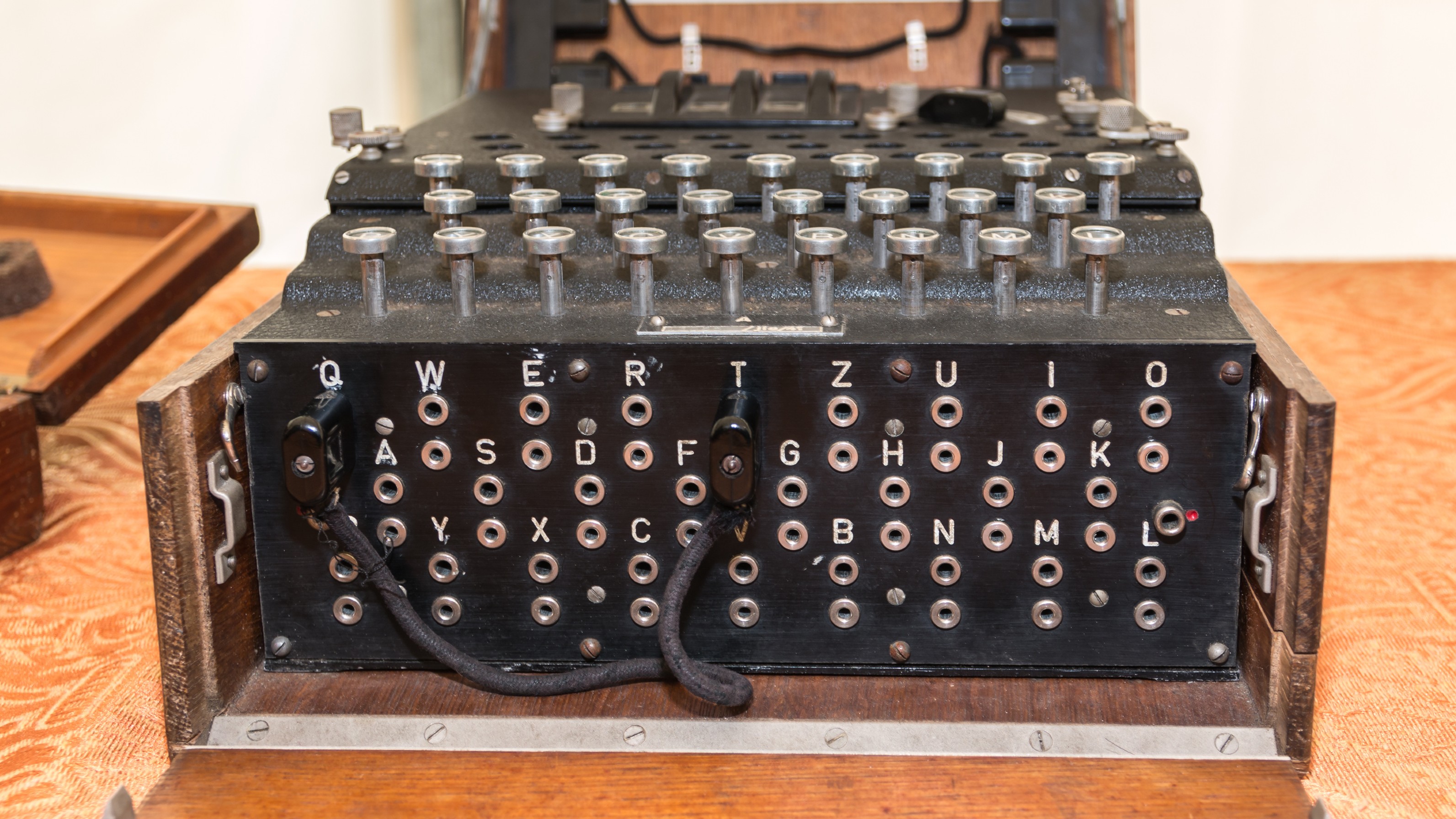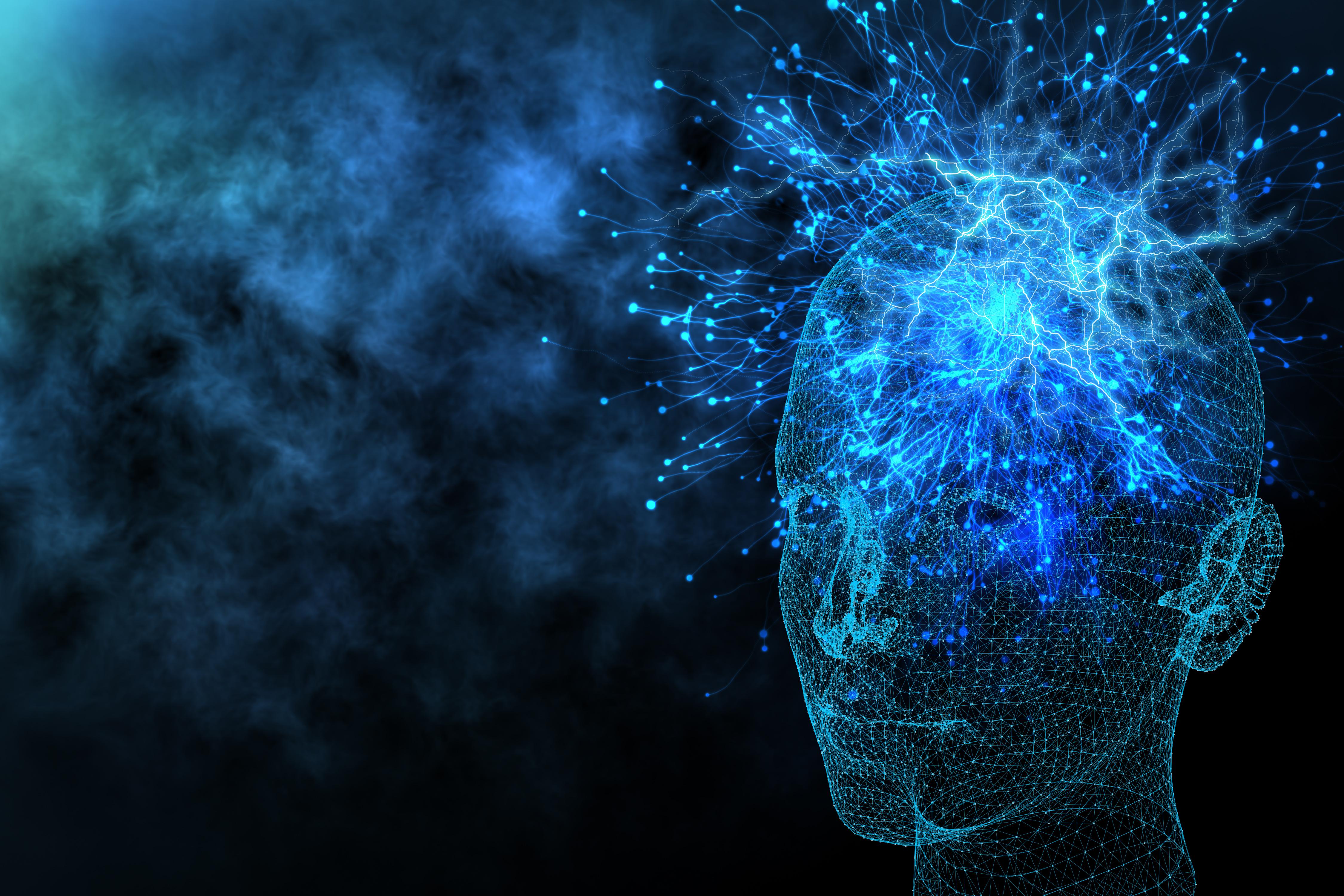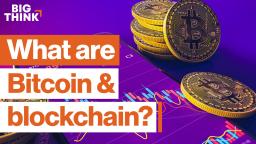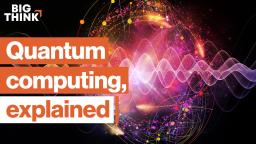computers
From 260-year-old ciphers to the most recent Zodiac Killer solution, these unbreakable codes just needed time.
Researchers were even able store and read a 767-kilobit full-color short movie file in the fabric.
Is the physical universe independent from us, or is it created by our minds, as suggested by scientist Robert Lanza?
Astronomers possibly solve the mystery of how the enormous Oort cloud, with over 100 billion comet-like objects, was formed.
Scientists successfully trained people to use robotic extra thumbs, suggesting body augmentation could revolutionize future humans.
A thought experiment from 1867 leads scientists to design a groundbreaking information engine.
Ever lose track of time while doing something? It gets worse with a VR headset on.
New studies stretch the boundaries of physics, achieving quantum entanglement in larger systems.
A new method could make holograms for virtual reality, 3D printing, and more. You can even run it can run on a smartphone.
There’s a lot to love about the innovations of Scrivener 3 for the Mac.
Prep for the most essential cybersecurity exams with over 400 hours of training.
A study looks at how to use nuclear detonations to prevent asteroids from hitting Earth.
A new model of the Antikythera mechanism reveals a “creation of genius.”
How our brains interpret computer code could impact how we teach it.
Using machine-learning technology, the genealogy company My Heritage enables users to animate static images of their relatives.
It may be old tech, but it’s super-reliable.
What happens when simulation theory becomes more than a fascinating thought experiment?
A physicist creates an AI algorithm that predicts natural events and may prove the simulation hypothesis.
Scientists use high resolution microscopy and computer simulations to create first ever video of DNA movements.
A crash course in the history of money, the birth of Bitcoin, and blockchain technology.
▸
17 min
—
with
Could we have predicted COVID-19 through social media trends?
Max Planck Institute scientists crash into a computing wall there seems to be no way around.
Can computers do calculations in multiple universes? Scientists are working on it. Step into the world of quantum computing.
▸
12 min
—
with
How close are we to human teleportation? Successes in quantum teleportation experiments abound.
There are five different RAID levels available. Which one is right for you?
Reading code activates a general-purpose brain network, but not language-processing centers.
New research shows that experiencing an opposite-sex body in virtual reality impacted the subject’s gender identity.
Can we ever make energy efficient AI?
POD Studio helps you design a professional and stunning website in just a few clicks.
New research explains why the Moon’s crust is magnetized by debunking one long-standing theory.





























